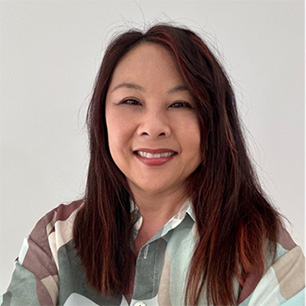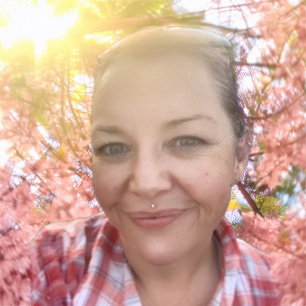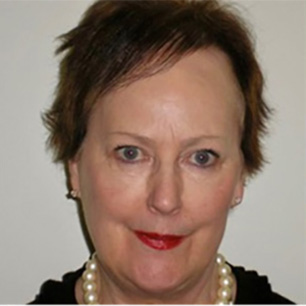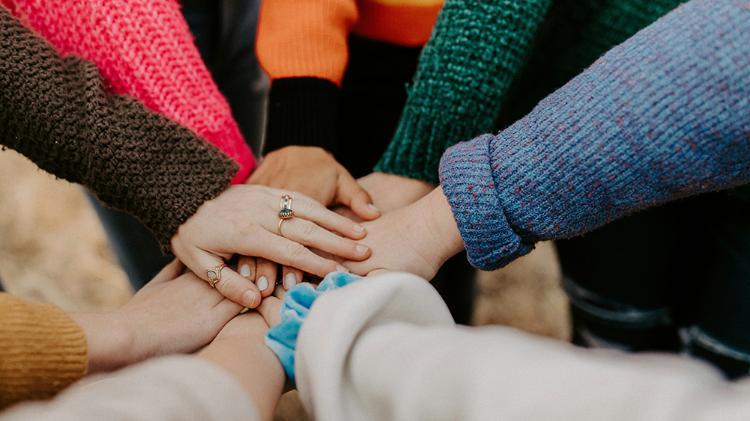Your lived experience is important
Have you had ill health or experiences with medical or health services? Are you interested in contributing to meaningful health and medical research? Here’s your chance to make a difference.
The UOW Consumer and Community Research Network is inviting the public to participate in vital research projects. Your lived experience can inspire solutions and drive innovations that enhance the well-being of people and communities worldwide.
By joining the network, you will:
- Collaborate with researchers
- Contribute to advancing knowledge
- Help address pressing health challenges like chronic disease, mental health and cardiovascular health
Whether you have personal experiences with healthcare services, live with chronic health conditions, care for someone who does, or are a healthy and active community member, your voice can help drive innovation in health.
We would love to hear about your lived experience. It is the starting point for achieving our vision of enhancing the well-being of people and communities worldwide.
Join the UOW Consumer and Community Research Network and help us advance our knowledge, address pressing health challenges and create solutions that will improve lives.
This network is support by Health Innovations and Molecular Horizons in the Faculty of Science, Medicine and Health.





